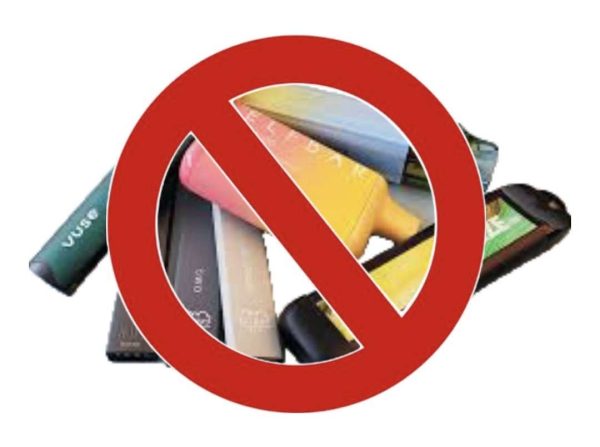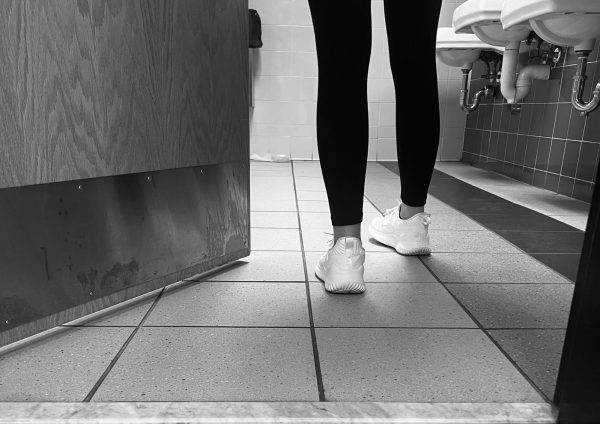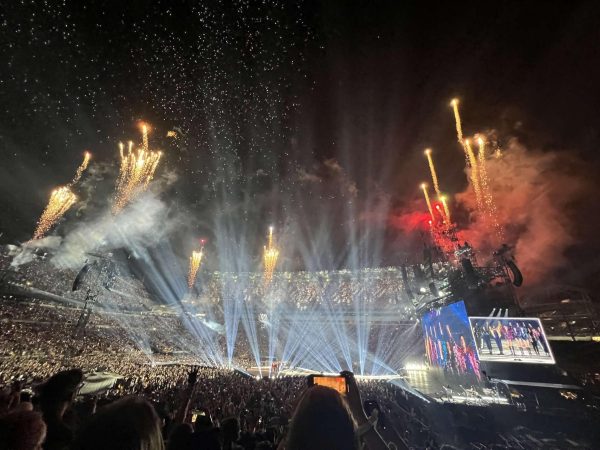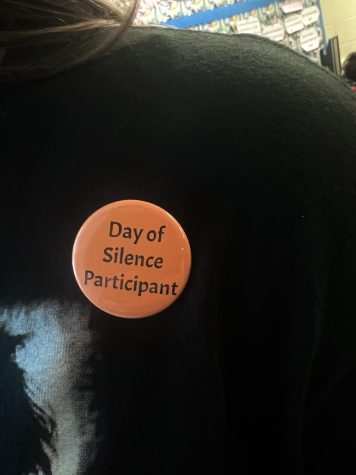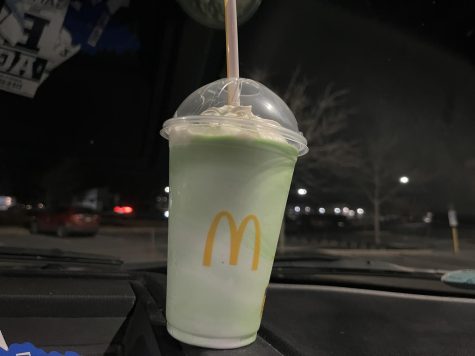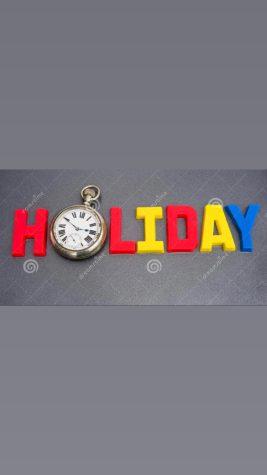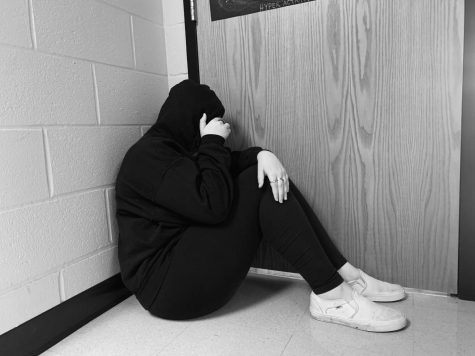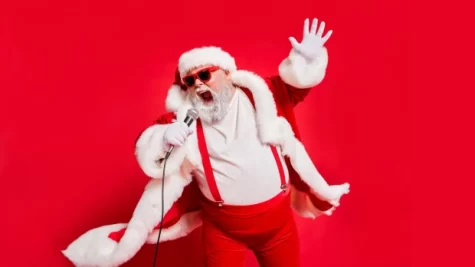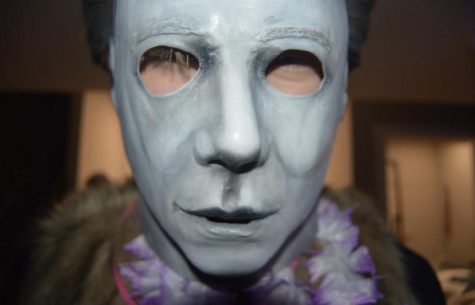George Floyd. Breonna Taylor. Tamir Rice
October 8, 2020
Every election, the American people are polled on what issues are most important to them. This election the issue that took the number one spot, even amid a global pandemic is racism.
Back on March 25, 2020, a man by the name of George Floyd was arrested for what officers assumed to be a counterfeit $20 bill. He was approached, arrested, and then killed. Upsettingly enough, this isn’t the first example of police violence towards black Americans.
According to Forbes, since January 1, 2015, 4,728 people have died due to police violence in the United States. Of these people, 2,385 people were white, 1,252 were black, 877 were hispanic, and 214 were from various other racial groups. If the numbers themselves aren’t jarring enough, Black Americans make up less than 13% of the U.S. population, meaning that they are shot and killed by police twice as often as whites.
The systematic racism that exists within the criminal justice system and the government as a whole is unacceptable and needs to be reformed. This isn’t a political debate; it never was. These are basic human rights that are being violated and infringed upon and it is society’s duty as they get older to educate themselves and fix the politically corrupt world around them. This needs to be changed for the betterment of not only society as a whole, but for those who have faced injustice from the system for far too long.
Black Lives Matter protestors are not only the people you see standing on the side of the road protesting; it is not only the people fighting to end racial injustice: it’s an entire organization of people fighting for what’s right and breaking the loop of police brutality and discrimination against Black lives and serving justice to those who deserve it. The voices of the Black Lives Matter movement are louder than ever and, according to an article published by the New York Times, is, if not one of the, largest movements in U.S. history.
According to blacklivesmatter.com, the Black Lives Matter organization sparked after the death and the acquittal of the individual who brutally murdered Treyvon Martin, a 17-year-old from Florida who was killed by a neighborhood watch volunteer. Protests along the sides of roads began, “Black Lives Matter” was seen everywhere, and the drive behind the organization was overwhelming. However, the efforts truly took off after the murder of Michael Brown in 2014, who was an 18-year-old, fatally shot by a police officer. Citizens began questioning the police force, candlelight vigils were held, and the people of the St. Louis area were heartbroken after the loss of a young soul. Even Michael’s stepfather, Louis Head, was seen holding a sign that read “Ferguson police just executed my unarmed son.”
However, these situations are not the first instances of injustice that are visible throughout America’s history. From birth to adulthood, Black Americans are put at a disadvantage. A popular term to describe it is “school-to-prison pipeline.” School-to-prison pipeline is the concept that Black children are funneled straight from preschool and the education system into a life of crime within the criminal justice system.
According to aclu.com, students of color are far more likely to find themselves in the “pipeline”, compared to their white peers. These students are discriminated against, mocked, and thrown back into an endless cycle of misery.
If a student does make it out of the pipeline, their struggle isn’t over yet. If these young adults attempt to buy a house or other financial aspect, they face a large risk of being exposed to either redlining or sundown towns.
When applying for a mortgage to purchase their house, it was extremely difficult to receive money due to a redlining, which denied this mortgage to people of color. At LEAST $212,000 of personal wealth for Black Americans were lost within the past 40 years, according to ABC.com.
As a result from this, the taxes in the neighbourhoods would lead to severely underfunded schools; this leads directly back into the ‘school-to-prison pipeline’ and the presence of undereducation for minorities.
But what if they get the mortgage and purchase the house? The family will still risk chances of being put into a ‘sundown town’. Sundown towns were towns that clearly discriminated against Black Americans, posting derogatory signs around the outskirts of towns, warning them not to enter or face the gruesome consequences.
According to sundown.tougaloo.edu, between 1890 and 1940, over 200 sundown towns in Indiana alone were formed and recognized by the government. This is also similar to other states such as California, Wisconsin, and others.
Society hasn’t grown much since then. With statements such as “All Lives Matter” and “White Lives Matter”,” the negative connotation from years ago carries into today. The Black Lives Matter movement isn’t meant to discriminate against other races. It was never about how one race is better than others. Imagine a house down the street is burning and you stop the fireman to say “what about my house? Isn’t it important too?”
Your house is just as important but that doesn’t take away from the other house that’s burning down to the ground. The Black Lives Matter movement is meant to raise awareness to the discrimination that occurs within society that places Black Americans at a great disadvantage compared to the rest of society; something we all need to work towards to fix.
The outcries from the public are being heard but ignored, but the ignorance from the government only drives the voices of the public louder and stronger. The need for the public to use their voices is becoming more urgent and those that are fighting for reform are pleading with others to join the movement. Society needs to make the reforms necessary to correct the corrupted justice system and correct society’s faults as a whole; for not only the benefit of the general public, but for those who are most impacted by the systematic racism.

